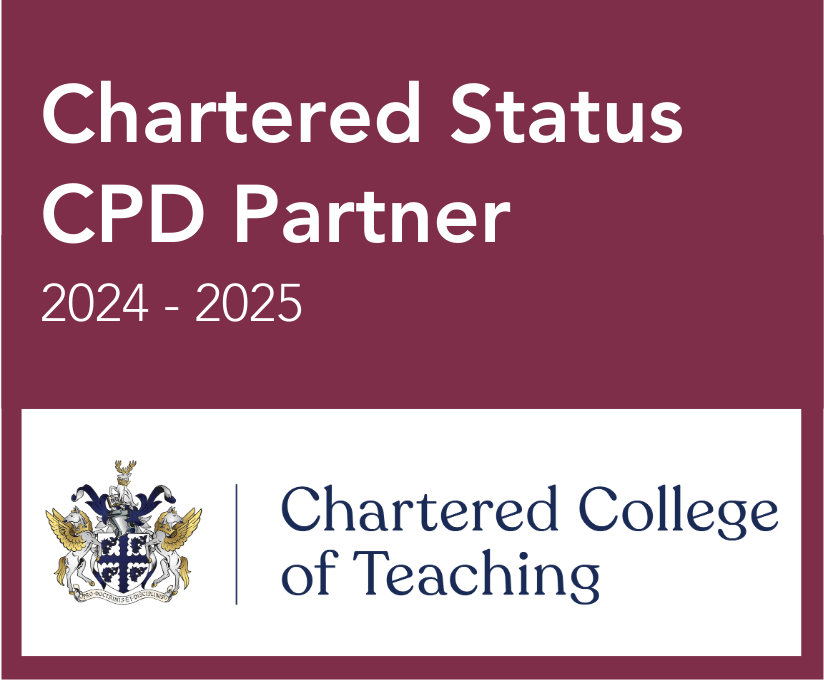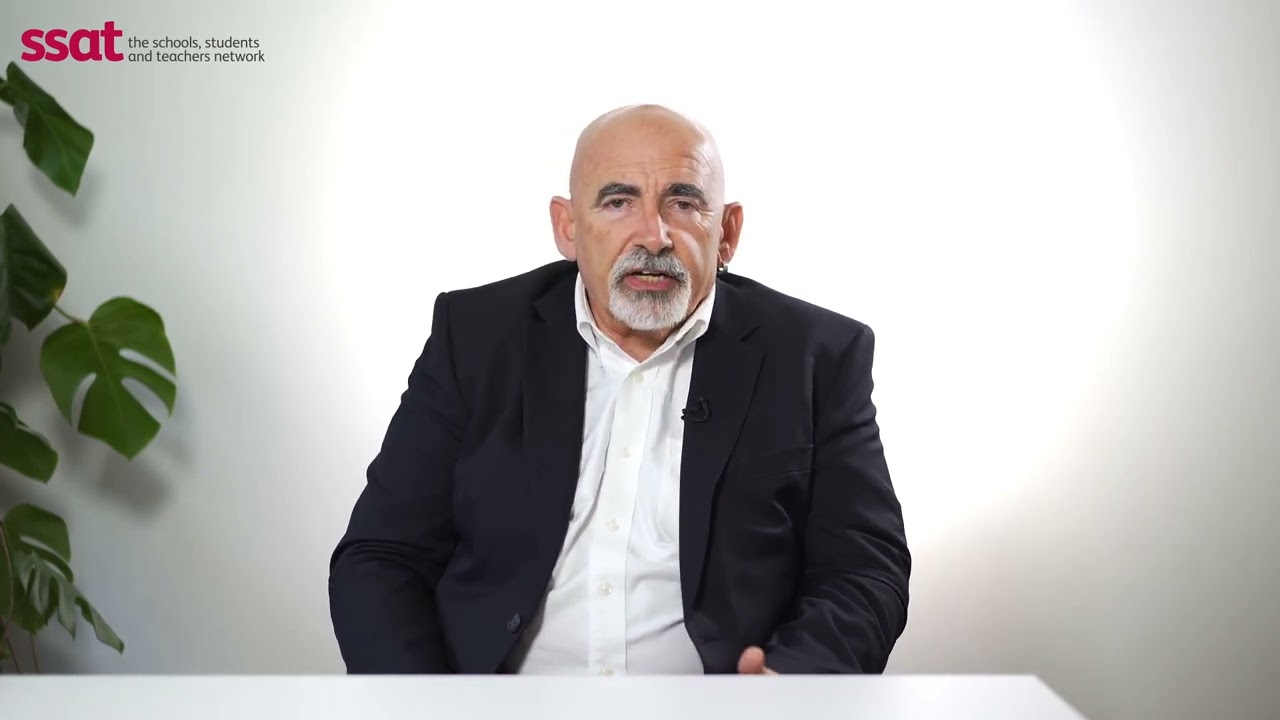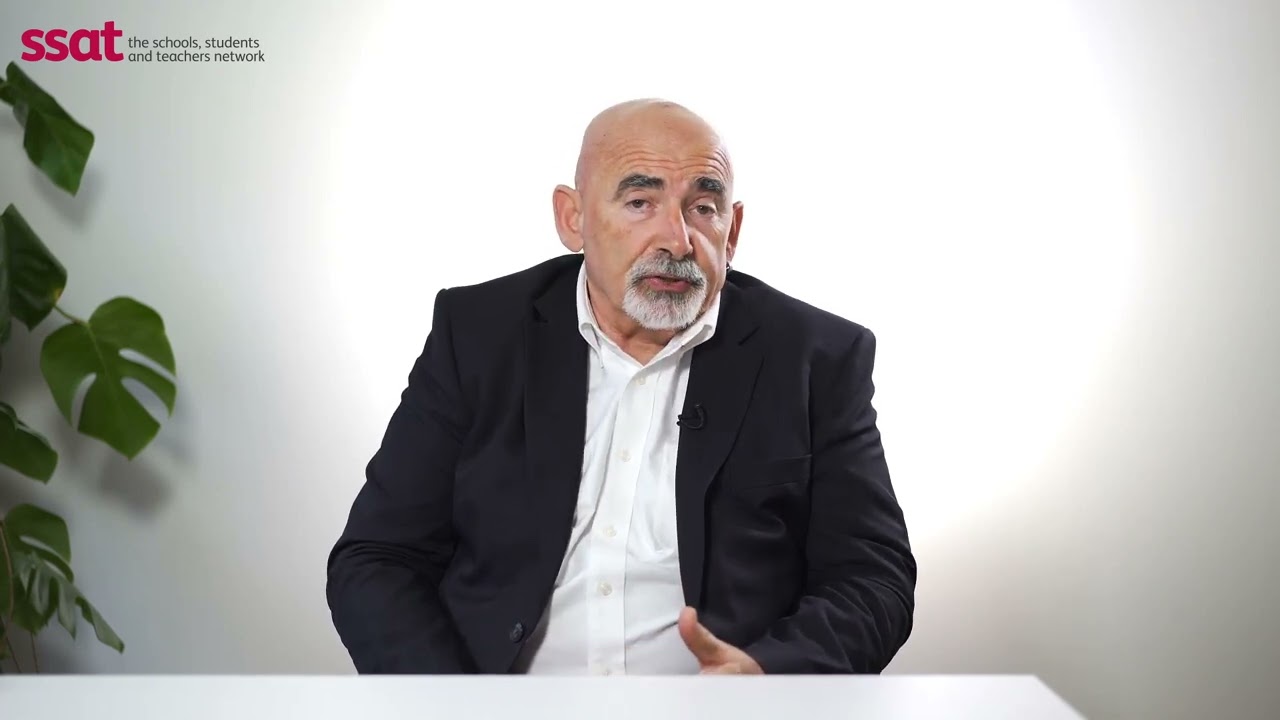Embedding Formative Assessment
Building on over 20 years of research by Dylan Wiliam and Siobhan Leahy, this programme has shown to make a positive impact on student achievement and teacher behaviours. (EEF)

Start date
2-year programme, flexible start date
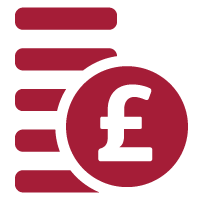
Subsidised cost
£1,550
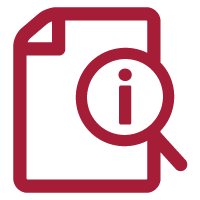
Need more information?
Get in touch or call 020 7802 2300
A game changer for teaching and learning.
Mounts Bay Academy, Cornwall Research School
Last chance to take up a funded place
If you are a state school with a secondary phase (including special schools) you can join the programme at a fraction of the cost, thanks to the DfE Accelerator Fund… but only if you apply before the end of July 2025.
Effective Formative Assessment
- Boosts learner engagement through effective us of formative assessment techniques, fostering a supportive learning environment where students experience success and motivation increases.
- Enhances responsiveness in lessons across your school, empowering teachers to collect better evidence and improve learning every lesson.
- Achieves positive impacts on learner outcomes, as evidenced by the EEF’s report (Feb 2019) showing two additional months’ progress in GCSE Attainment 8 scores for learners in EFA schools.
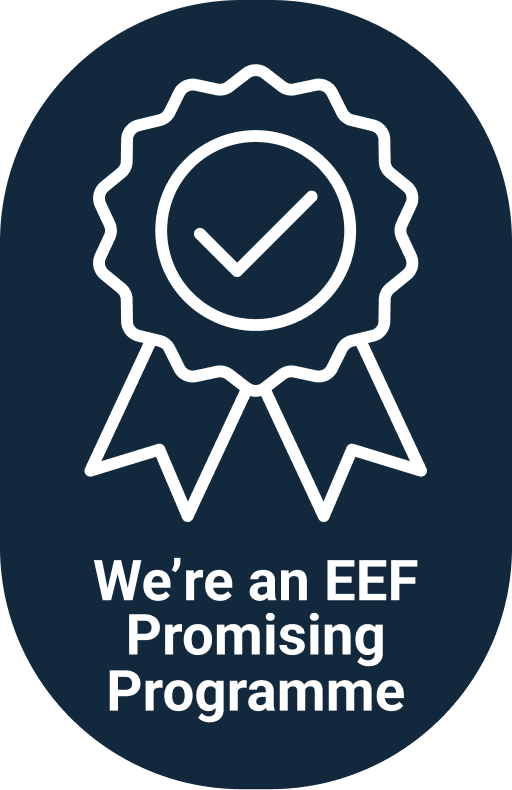
Why do the Embedding Formative Assessment Programme?
Building on over 20 years of research by Dylan Wiliam and Siobhan Leahy, this programme has shown to make a positive impact on student achievement and teacher behaviours.
Through a full randomised control trial involving 140 schools, the Education Endowment Foundation found:
- Learners made the equivalent of two months’ additional progress in their Attainment 8 GCSE score.
- Learners in the lowest third for prior attainment made more progress than their classmates in the top third.
- Teachers felt the Teacher Learning Communities (TLCs) improved their practice by allowing valuable dialogue between teachers and encouraged.
Additional benefits of the programme
- Improve teaching and learning across your school by empowering teachers to trial and refine formative assessment techniques.
- Enable learners to take responsibility for their own learning through peer and self-assessment techniques.
- Support your teachers in taking ownership over their learning by providing structured professional development and leadership opportunities.
- Build a stronger sense of community in schools with teachers and learners collaborating with each other to achieve common goals.
There is a buzz through the staff. In terms of materials, everything is provided by the SSAT, but at the same time we can change it to adapt to our needs. Teachers have been picking and choosing what works for them, for their students, their subjects, and their classes. It’s all backed up by research – we know it works.
Rachel, The Hayling College
How does the EFA programme work?
The EFA programme, based on extensive research by Dylan Wiliam and Siobhan Leahy, focuses on long-term habit change to improve formative assessment practice among teachers. This two-year whole-school programme, fully supported and resourced, comprises Teacher Learning Communities (TLCs) with meetings held every four weeks, facilitated by a selected TLC leader. An expert EFA mentor provides tailored support to ensure effective implementation and sustainable impact for the school.
This support will include:
- Practical planning support for readiness
- An initial day’s training in-school for school leaders and teachers leading the TLC meetings
- Regular email/telephone contact with an assigned mentor with key reflection and planning points
- Two in-person visits at the end of year one and two to review the programme and plan the next steps in implementation
- A wide breadth of supporting resources, exemplars and case studies which can be used to support and maximise the impact of the programme
You will need to:
- Commit to the programme for two-years with an understanding that teacher habit change takes time
- Free up time and resources to implement the programme with fidelity
- Treat implementation of the programme as a process, planning and executing it in stages working with your mentor
![]()
EFA Initial Training Evaluations Summary 2022-23
Based on over 1300 survey responses.
Over 98% of respondents found the initial EFA training to be very or extremely high quality.
Book a call with the EFA team
Speak with the EFA team to learn more about the benefits of Embedding Formative Assessment in your school.
Book a call
SSAT is now partners with the Chartered College of Teaching
Those who complete the EFA programme will be able to apply for an exemption from the Development of Teaching Practice Award for teachers (20 credits).
Insights
Don’t just take our word for it. Find out more the impact that the programme is having on schools like yours.
The most powerful and transformative T&L strategy
Gary Anderson, Assistant Headteacher, Sir Graham Balfour School, Stafford
“The T&L development work we have done on Embedding Formative Assessment has been the most powerful and transformative T&L strategy I have been part of during my time at Balfour. This is because it has raised standards in lessons for all students regardless of their prior attainment, gender,
socioeconomic status or SEND need by giving students much more of what they individually need to succeed.”
How to get organised in those early months
Charlotte Harland, Assistant Headteacher, Hilbre High School
“Raise the profile of EFA and celebrate it as much as you can. Use briefings, newsletters, your website, parent mails, mini reminders on whole school platforms and leadership meetings to get staff and stakeholders talking about it! Highlight staff members who have done well or have challenged themselves.”
New EEF podcast looks at Embedding Formative Assessment
Trialled and Tested: Embedding Formative Assessment
Teaching should start from where the student is, not from where we would like them to be, says education professor Dylan Wiliam in this episode of Trialled and Tested, introducing how formative assessment strategies can be used in the classroom.

Introduction to EFA
Watch Corinne Settle, Programme Leader, give you an overview of the programme while she explains the impact it can have in your school.
Date and location
In-person training and online support
EFA Programme Summary
Download an overview of the programmes content and sample of a Teacher Learning Community workshop using the attached.
Want to know more?
Click below to register your interest in Embedding Formative Assessment.

Any questions?
Contact us or call 020 7802 2300.
Get in touch


